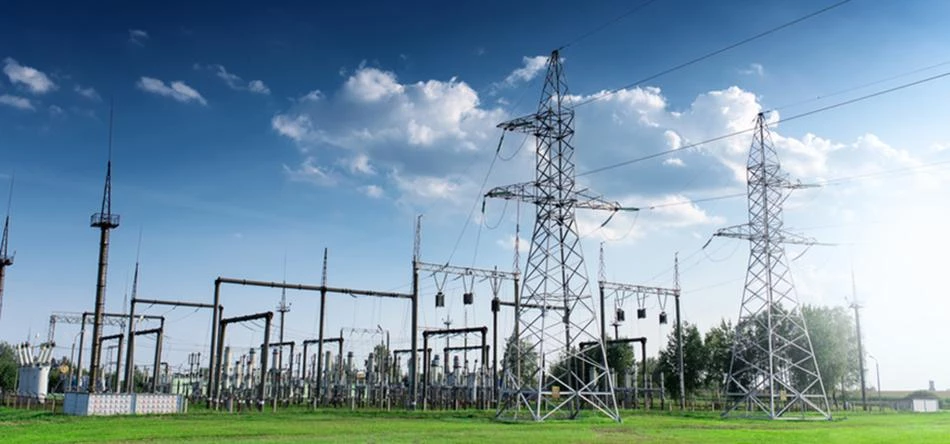
Partner Article
Capacity Market Auction begins
The government held its latest subsidy auction on 31 January 2017, which is designed to ensure Britain has enough energy over the winter of 2017-18.
The Capacity Market (CM), is an element of the UK government’s Electricity Market Reform (EMR) programme, which has been developed to enhance the security of our electricity supply by ensuring that sufficient reliable capacity is in place to meet demand.
Within the scheme, new, more efficient, power stations and demand response providers are awarded an annual capacity allotment and price per megawatt through competitive tenders. These are held once per year, and through three different auctions: T-4, T-1 and the Transitional Arrangement (TA).
Originally due to supply back-up power from 2018, the capacity auctions have been brought forward because National Grid identified a need for extra capacity in Winter 2017. Current forecasts for electricity supply next winter show tighter supply margins during November and December 2017 than those seen in 2016.
Successful bidders will receive a payment for keeping power stations available between November and February and will then be legally required to be available to generate as and when asked by National Grid. Analysts have projected that a number of ageing coal stations are likely to be successful in winning contracts, even though the government has said it intended to phase out all such stations by 2025.
What does this mean for business customers?
Micheal Hill, Lead Analyst at Inprova Energy says “Roll-out of the Capacity Market mechanism brings new charges to business energy costs reinforcing the need for businesses to implement an effective energy strategy. These charges are expected to increase markedly from April this year although the cost to consumers will vary depending on their peak demand levels during the winter months.
Forecast costs for Winter 17/18 range from £3.03/MWh to £12.35/MWh, while our own forecasts suggest a figure of around £6.14/MWh. Understanding how these costs may affect your business and putting a plan in place to mitigate their impact is just one of the approaches organisations should look to take following capacity market auctions.“
Some energy suppliers will pass on Capacity Market costs to their customers through a monthly charge, whilst others may instead choose to add a cost per kWh during peak periods. Businesses should review their contract arrangements and speak to their consultant/supplier to understand how these costs may affect their energy spend.
Further information: www.inprovaenergy.com
This was posted in Bdaily's Members' News section by Inprova Energy .
Enjoy the read? Get Bdaily delivered.
Sign up to receive our popular morning National email for free.








 Why investors are still backing the North East
Why investors are still backing the North East
 Time to stop risking Britain’s family businesses
Time to stop risking Britain’s family businesses
 A year of growth, collaboration and impact
A year of growth, collaboration and impact
 2000 reasons for North East business positivity
2000 reasons for North East business positivity
 How to make your growth strategy deliver in 2026
How to make your growth strategy deliver in 2026
 Powering a new wave of regional screen indies
Powering a new wave of regional screen indies
 A new year and a new outlook for property scene
A new year and a new outlook for property scene
 Zero per cent - but maximum brand exposure
Zero per cent - but maximum brand exposure
 We don’t talk about money stress enough
We don’t talk about money stress enough
 A year of resilience, growth and collaboration
A year of resilience, growth and collaboration
 Apprenticeships: Lower standards risk safety
Apprenticeships: Lower standards risk safety
 Keeping it reel: Creating video in an authenticity era
Keeping it reel: Creating video in an authenticity era